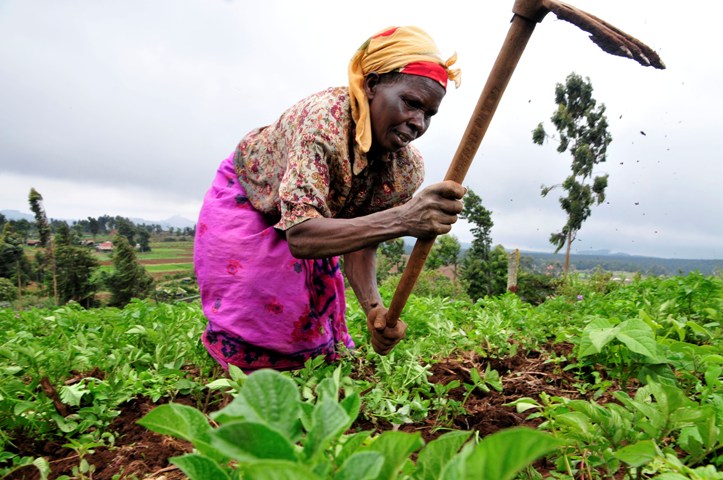The Department of Agriculture, Land Reform and Rural Development has advised South African farmers to stay vigilant by monitoring daily extreme weather warnings and implementing proactive risk-reduction measures. Given the uncertain climate conditions, farmers are encouraged to prioritize drought-resistant crops, maintain fire belts, and conserve water resources to ensure agricultural resilience throughout the season.
Current Conditions: Variable Rainfall and Crop Concerns
Many parts of the country are currently experiencing poor veld and livestock conditions, with some dryland farmers awaiting sufficient rain before planting. According to the Seasonal Climate Watch issued by the South African Weather Service (SAWS) on 31 October 2024, predictions suggest above-normal rainfall for most northeastern summer rainfall regions this season. However, some interior areas may still face below-normal rainfall in mid- and late-summer, leaving farmers in those regions at a disadvantage.
The department advised farmers in regions with sufficient moisture to proceed cautiously, following the seasonal forecast to avoid unnecessary expansion of planting areas. In areas experiencing continued dry conditions, the department recommends using drought-tolerant or short-season cultivars to maximize yield potential.
Preparing for Pests, Disease, and Extreme Weather Events
Farmers in the northeast, where above-normal rainfall and high temperatures are expected, should anticipate increased pests and diseases associated with humid and warm conditions. To counter these risks, the department advises farmers to implement integrated pest management strategies and monitor crops closely for signs of disease.
In light of the hotter, wetter forecast, farmers using irrigation systems are also urged to adhere to water restrictions and conserve resources, as mandated by the Conservation of Agricultural Resources Act (CARA), 1983. Additionally, farmers are reminded to maintain the balance between livestock numbers and the veld's carrying capacity, ensuring animals are provided with supplementary feed, access to sufficient water points, and shelter from harsh weather.
Fire Belt Maintenance Critical as Veld Fires Increase
The department has highlighted the increased incidence of veld fires across several provinces, which has resulted in significant damage to grazing lands, infrastructure, and livestock fatalities. As winter rainfall regions dry out, conditions conducive to veld fires are expected to intensify, particularly as hot, dry conditions and heatwaves persist. Farmers are urged to create and maintain fire belts on their properties and to follow all issued veld fire warnings to protect against potentially devastating fires.
“Episodes of heatwaves and localized flooding are expected to continue this summer, and farmers are advised to implement the preventive measures outlined in early-warning communications,” the department said.
Ongoing Support and Awareness Initiatives
The department has committed to ongoing monitoring of seasonal forecasts, working closely with stakeholders to keep farmers informed and prepared. Farmers are encouraged to take advantage of resources and updates provided by the department to better understand and utilize early-warning information effectively.
In the face of climate unpredictability, the department emphasized its dedication to helping farmers navigate the season safely and successfully by equipping them with timely information for disaster risk mitigation and response.











